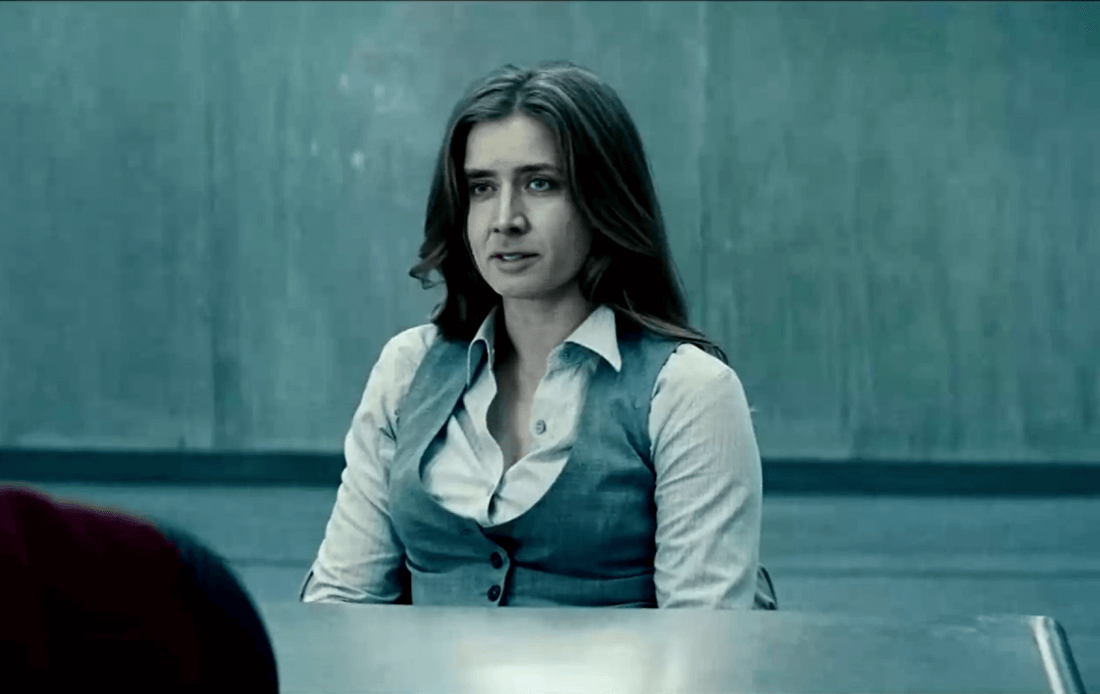Forward-looking: Deepfake videos have become increasingly more convincing over the last year, but most people can still spot the tell-tale signs that a clip isn't real. But according to a pioneer of the technology, images and videos that appear "perfectly real" will start appearing in the next six to twelve months.
Deepfakes is the manipulation of images and videos using machine learning, usually involving the superimposing of a person's face over the source material. It was highlighted last year when the technique was used to digitally replace the faces of porn actresses with those of Hollywood stars, but since then we've seen how it can be used to put words into the mouths of public figures, potentially making the scourge of fake news much worse.
In an interview with CNBC, Hao Li, an associate professor of computer science at the University of Southern California, noted that in most cases, it's easy to spot a Deepfakes video.
"It's still very easy, you can tell from the naked eye most of the deepfakes," he said, "but there also are examples that are really, really convincing." Li added that these require "sufficient effort" to create.
"Soon, it's going to get to the point where there is no way that we can actually detect [deepfakes] anymore, so we have to look at other types of solutions."
At the EmTech MIT conference last week, which was hosted by MIT Technology Review, Li showed off a deepfakes of Russian president Vladimir Putin. He said that "perfect and virtually undetectable" deepfakes were "a few years" away.
This is the deepfake of @glichfield interviewing Vladimir Putin (wink wink nudge nudge). #EmTechMIT pic.twitter.com/PHoFV2iTPH
--- MIT Technology Review (@techreview) 18 September 2019
The Putin example wasn't particularly convincing, but it was a live demo that pasted the president's head onto Technology Review editor-in-chief Gideon Lichfield. We've seen other deepfakes that are more realistic, including the Obama video below, in which the former president is voiced by filmmaker Jordan Peele.
Last month saw deepfakes app Zao, which allows users to insert their faces into scenes from popular movies and TV shows, court controversy over its privacy implications. September also saw Facebook partner with Microsoft and several universities to improve deepfake detection, with the social network creating its own deepfakes and offering prizes for those who can detect them. Should Li's predictions come to pass, better methods for identifying the videos will be needed.
